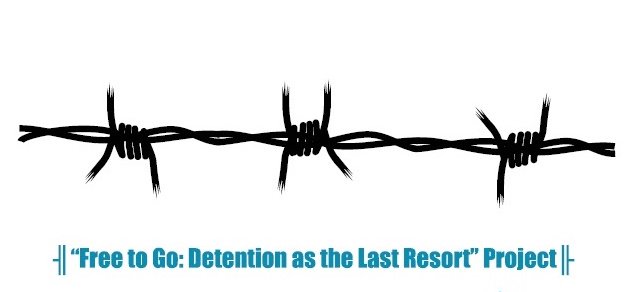The Bulgarian Helsinki Committee’s latest report maps detention practice in Bulgaria. It finds that the practices of immigration detention in most cases do not achieve the stated purpose of enforcing the return of persons detained in cases where a risk of absconding exists. The report concludes with reform proposals aimed at reducing the human and financial costs of detention.
The report finds that all migration detention orders are issued on the grounds of “illegal entry or residence on the territory of the Republic of Bulgaria.” This does not correspond with reality situation because the majority of people are actually apprehended upon attempting to leave Bulgaria. Concomitantly, the most frequent ground for release from detention is not the execution of return, but rather the lodging of an application for international protection. In almost all cases (99.9%) alternatives to detention are not considered when the detention order is issued and 99% of all persons in detention do not receive legal aid.
In order to align Bulgarian immigration detention practice with European legislation, which allows for detention only in cases in which there is either a proven high risk of absconding or where a person will be resettled or deported very soon, the Bulgarian Helsinki Committee comes up with a number of recommendations.
These include the introduction of short-term detention in cases of irregular entry or residence, the mandatory consideration of alternatives to detention, and making alternatives to detention more feasible. It also comes up with two long-term recommendations: making access to legal employment easier and introducing a regularization option for foreigners . With Regularisation an option would be introduced to legalize the residence of foreigners using an alternative to detention. This could be imposed in cases where the return procedure has not been executed or where return is impossible in legal or factual terms. It would apply to persons who are able support their own subsistence based on the work permission granted, who have been or will stay in Bulgaria in the long term, and who have not committed another infringement of the law or an offence within the meaning of the law.
For further information:
- ECRE/ELENA, Research Note on Bulgaria, February 2016.
- AIDA, Country Report Bulgaria: Fourth Update, October 2015.
- AIDA, The Legality of Examining Asylum Claims in Detention from the Perspective of Procedural Rights, October 2015.
*See also AIDA article.

